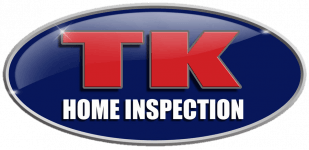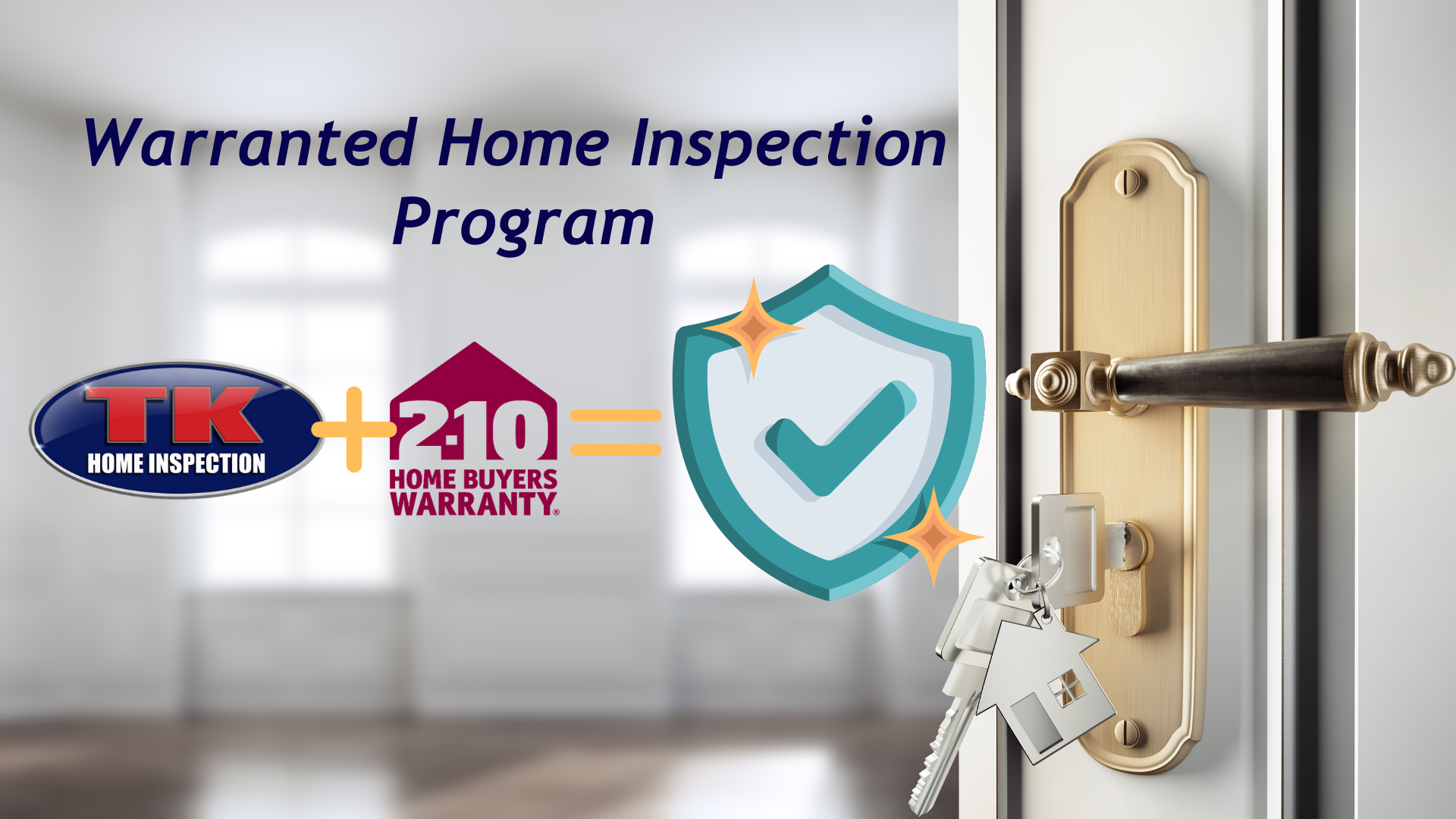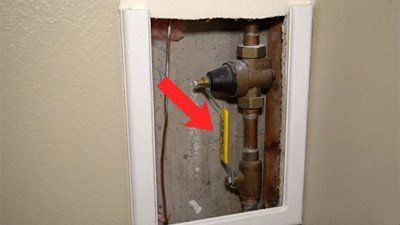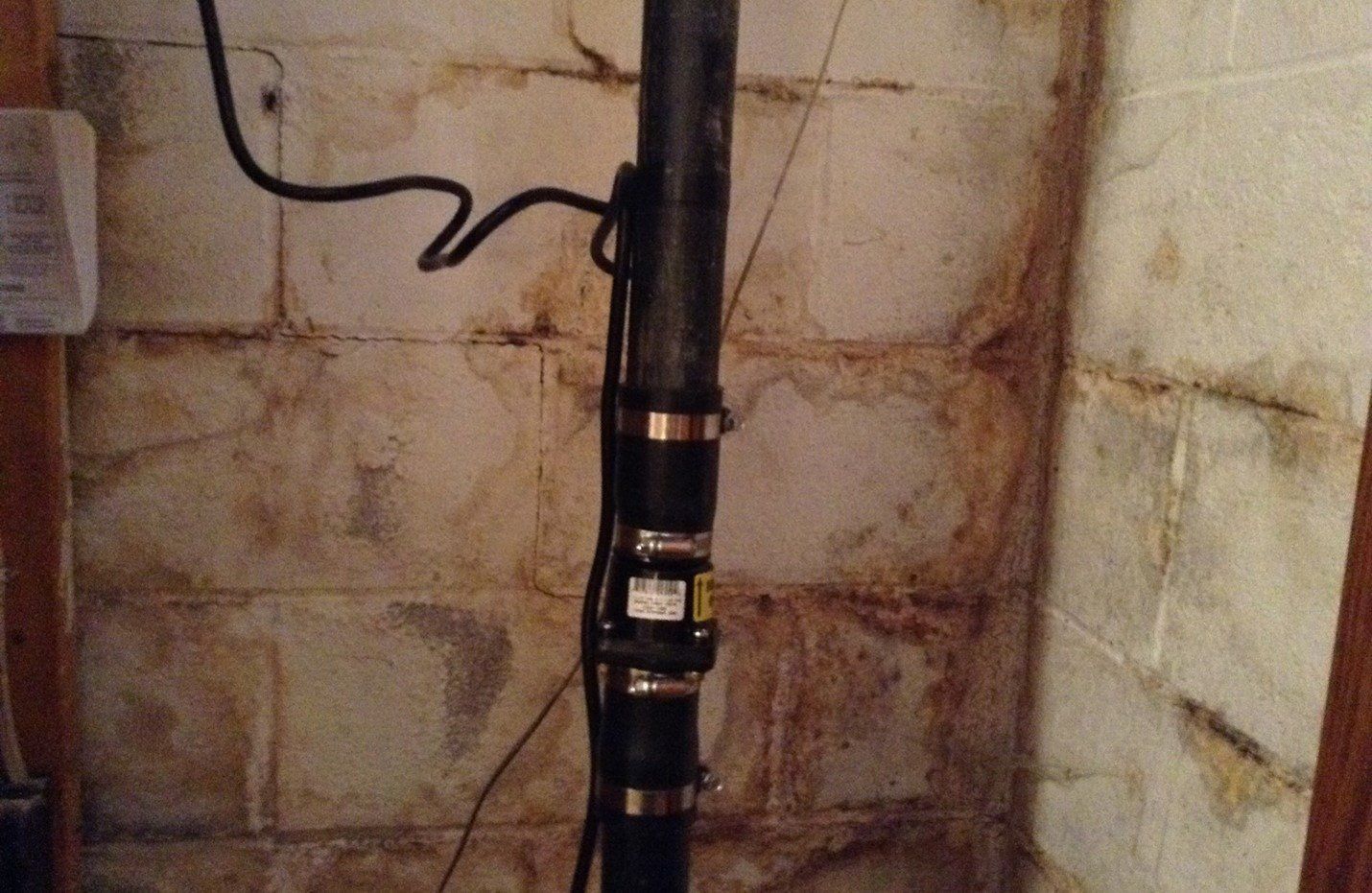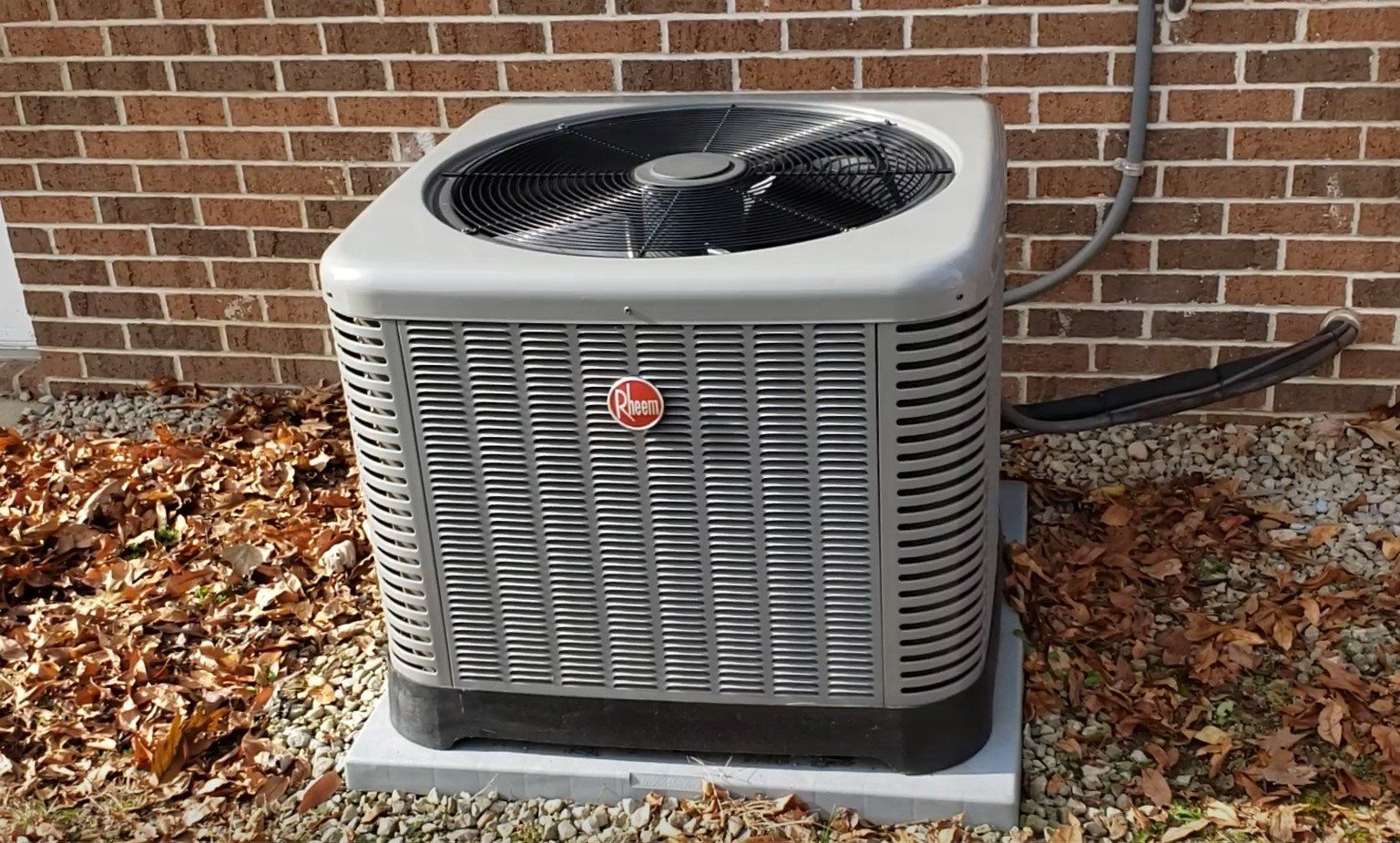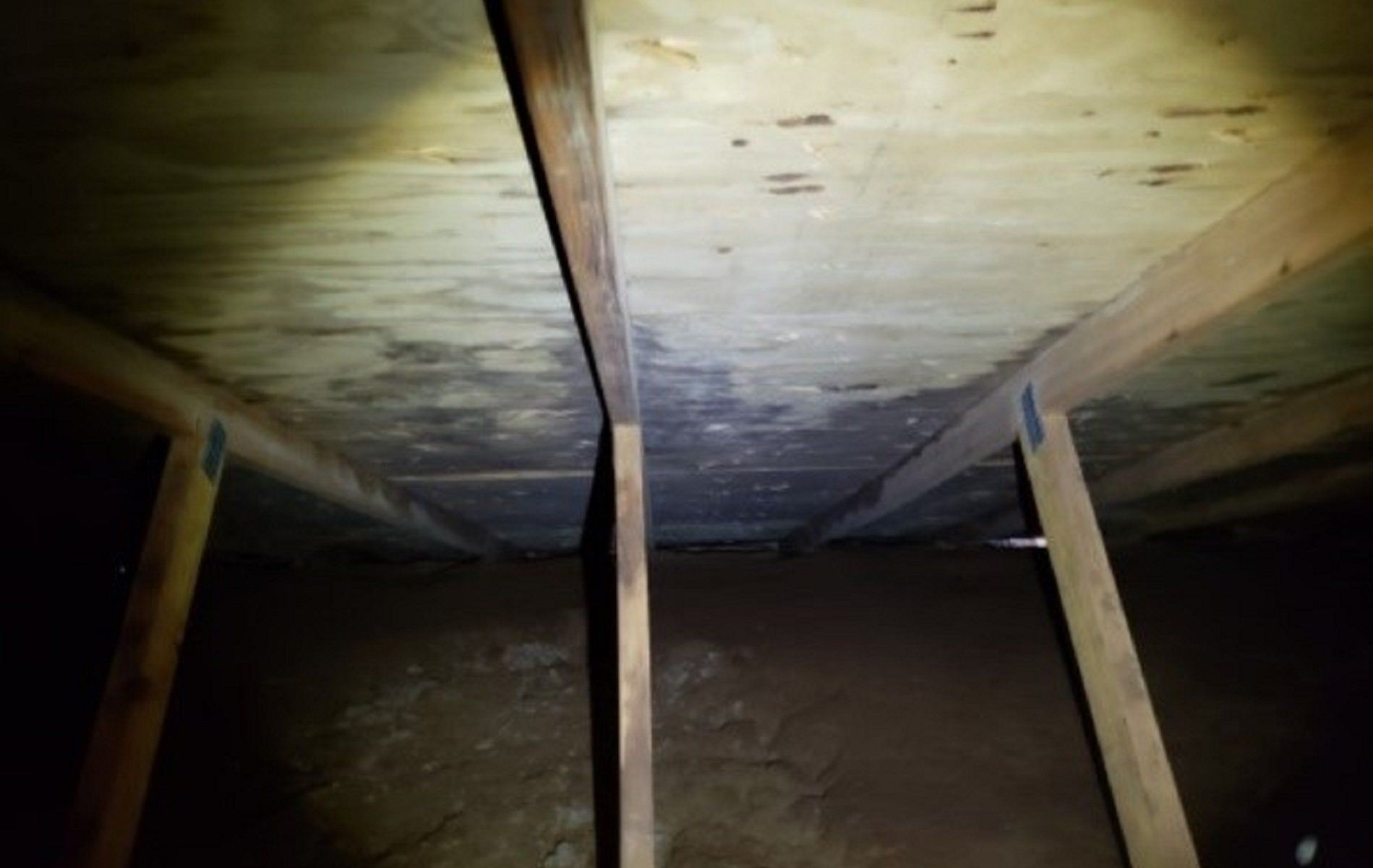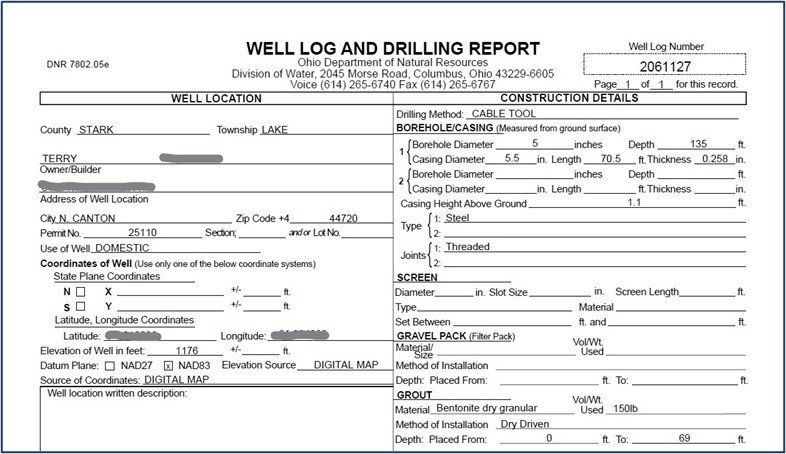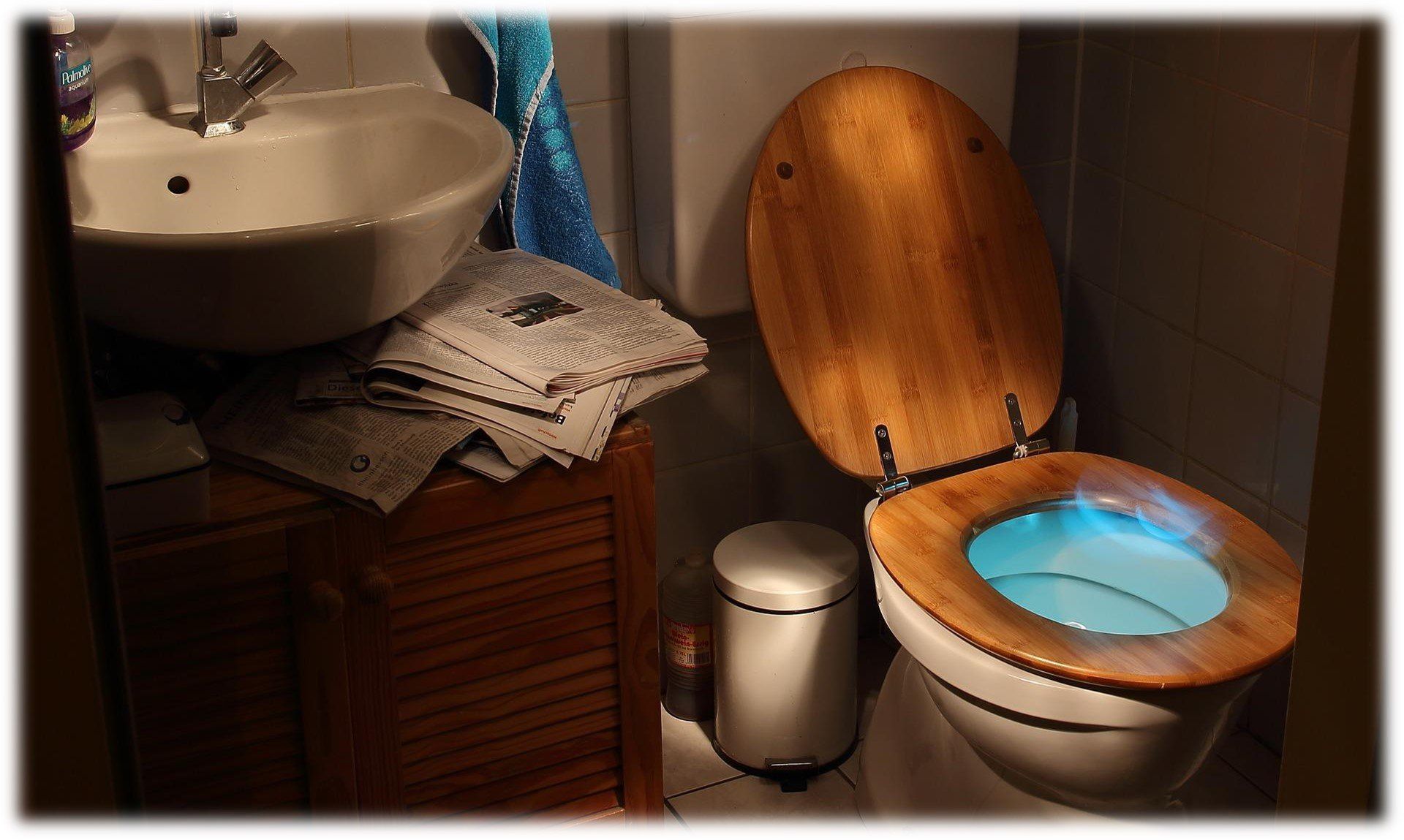Home Inspector Licensing Law takes Effect in July
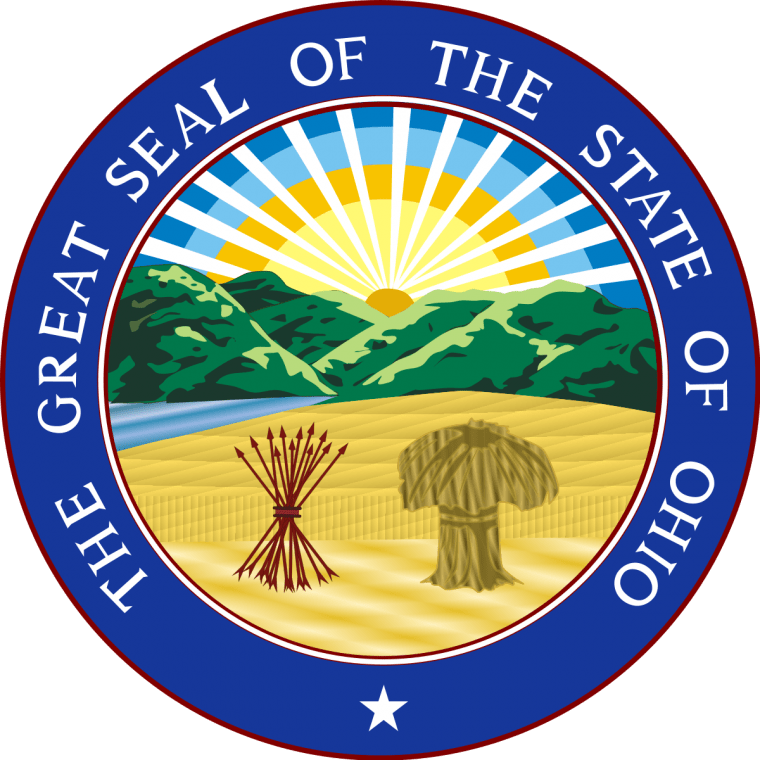
Moving into your new house could be the best day of your life, or it could be the worst depending how it goes. Does the furnace work? Is there a pool of water on the basement floor? Did a drain back up? These issues and more serious ones can arise if a home inspection is skipped or performed by an unqualified home inspector. When you hire a home inspector, you are trusting the inspector is well trained and has substantial knowledge of all home issues and mechanical systems.
The time has finally come and all individuals who intend to perform home inspections in Ohio will now be required to hold a license. The Ohio Department of Commerce has worked diligently over the last 2 years to set up a comprehensive program to meet Ohio’s needs.
Stalled by the pandemic, Home Inspector Licensing will become effective July 1st of this year.
STAR President, Rich Cosgrove said “he personally dislikes seeing more legislation, but this bill is necessary. Too many people have opened home inspection businesses who do not know what they are doing and have no education or experience in the trade.” He added “requiring home inspectors to stay up with education, like other industries will only add to the professionalism of the industry’.
In 2019, there was a grandfathering phase that allowed long time inspectors to get their license without performing the tasks required of new inspectors.
Completing the necessary requirements will cost money and take time. All Ohio Licensed Home Inspectors are required to pass the NHIE, which stands for the National Home Inspector Exam. The National Home Inspector Exam is a proctored test that gauges their knowledge of homes and home operations from all regions across the nation. Therefore, home inspectors in warmer states need to know about furnace operations while inspectors in northern states need to have knowledge of sprinklers and pool systems which are popular in the west and south.
New inspectors are also required to complete eighty hours of classroom or an online home inspector qualifying education, plus one of the following:
- 10 parallel inspections with an Ohio Licensed Home Inspector
- Complete an approved interactive curriculum of experience and 1 Peer Review
- 40 hours of work in home inspection and a 1 Peer Review
A parallel inspection has a trainee inspector and a trainer inspector complete their own inspection of the same house. They each write their own report and then compare the two. For a peer review, an approved home inspector organization finds a suitable house which is first inspected by the organization’s inspectors and a report is written. Home Inspector applicants then inspect the house on their own, write the report and submit this report to the inspector organization for review. The report is then graded and offered a passing or failing score.
Ohio will become the 34th state to require home inspectors to be licensed. Wood destroying insect inspectors and radon tester programs have required licensing for many years. Home Inspectors pay $250 for a 3-year license and are required to complete 40 hours of CE credits every three years to maintain their license. The real estate industry and full-time home inspectors have been anticipating and awaiting this law for many years with the hopes of increasing the quality of home inspectors in Ohio.
When asked her thoughts on the new law, Gretchen Thomazin of Remax Edge Realty said, “I think it will weed out the crappy part-timers. It will be a good thing for the buyers and seller, since they will know the home inspection industry now requires licensing. They will have a better feeling about the process with the additional layer of licensing.”
